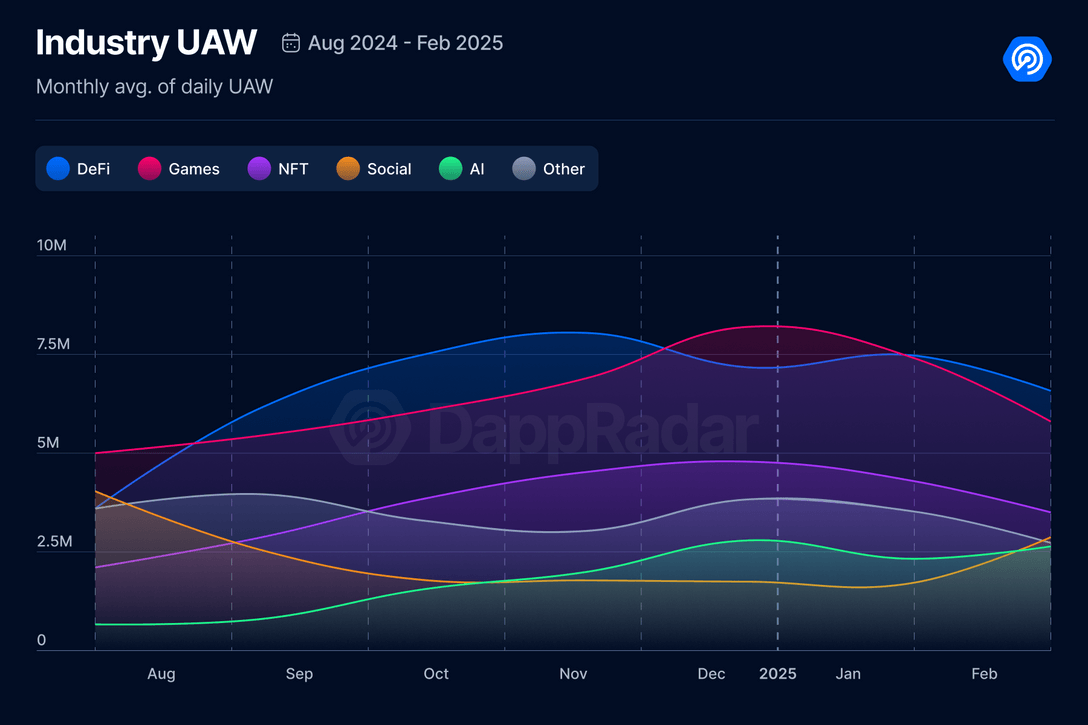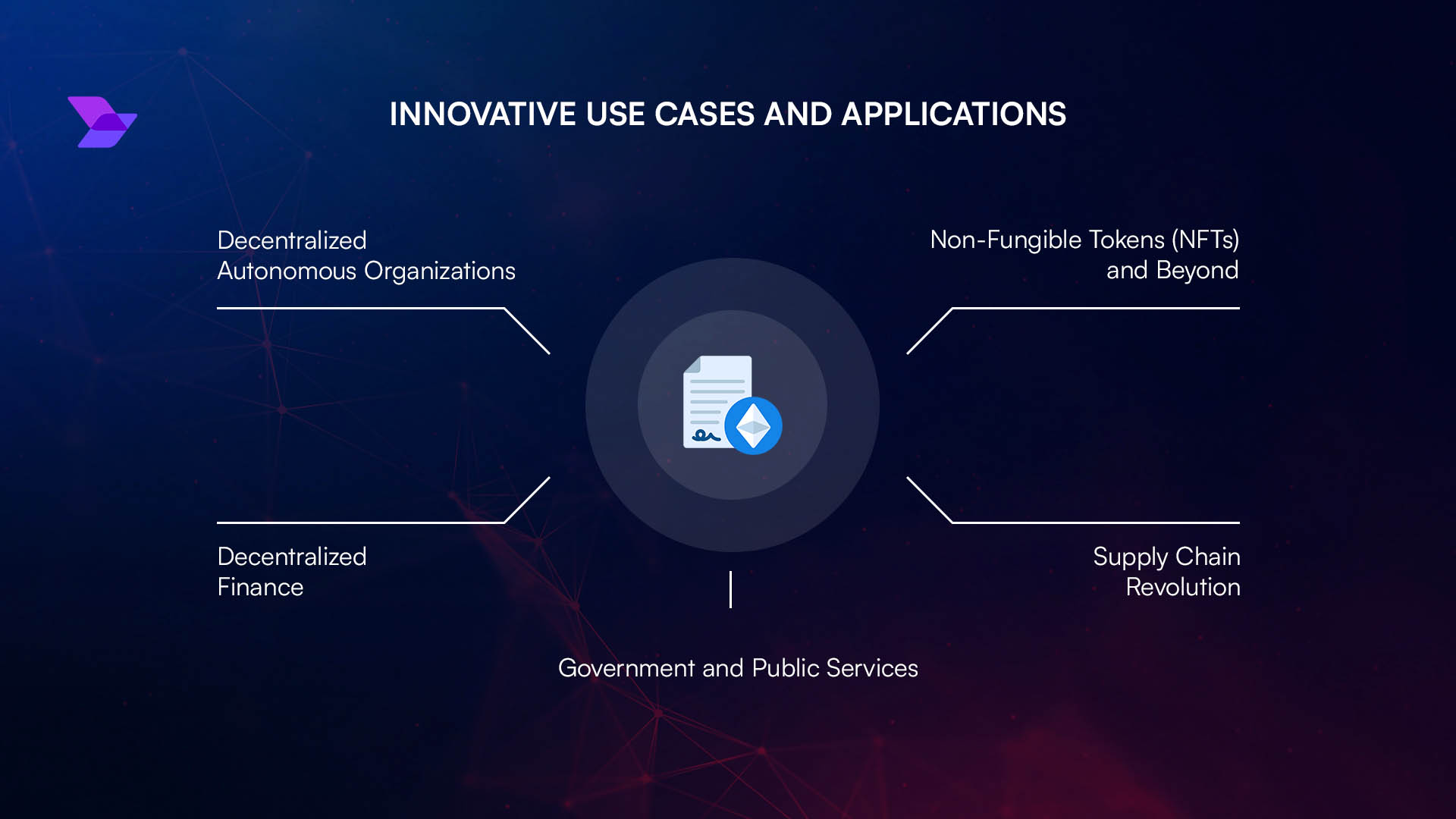
The live sports betting landscape is undergoing a seismic shift as blockchain technology takes center stage. Traditional online sportsbooks often operate in a black box, leaving bettors to trust the platform’s word on odds, payouts, and bet outcomes. Now, on-chain sports betting is rewriting these rules by offering a transparent, decentralized alternative that puts control and trust back into the hands of the user.
Transparency and Trust: The Core of Blockchain Live Sports Betting
At the heart of blockchain’s appeal is its decentralized ledger, which records every transaction, every bet placed, payout made, and odds change, in an immutable format visible to all. This public record means that disputes over bet settlements or payout calculations are no longer subject to opaque internal processes. Instead, bettors can independently verify outcomes directly on-chain. As highlighted by industry sources like Esports Insider and districts. io, this level of transparency transforms the bettor-operator relationship from one based on blind faith to one grounded in verifiable data.

With every action recorded on an open ledger, users gain unprecedented insight into how their wagers are handled. This not only deters fraud but also ensures that platforms can’t manipulate results or withhold winnings without immediate detection.
Enhanced Security and User Autonomy
Security has long been a sticking point for online gambling platforms. Centralized databases are prime targets for hackers looking to exploit vulnerabilities for monetary gain or personal data theft. Blockchain’s distributed architecture offers a robust solution: data is encrypted and stored across thousands of nodes worldwide, making unauthorized alterations virtually impossible.
This structure protects both user funds and sensitive information from potential breaches or insider threats. As noted by TechWalls and NuxGame, blockchain technology is “cleaning up” the sports betting industry by making it safer for everyone involved, bettors know their assets are secure even in high-stakes environments.
Smart Contracts: Automated Payouts and Real-Time Settlement
The introduction of smart contracts is perhaps blockchain’s most transformative contribution to real-time sports wagering. These self-executing contracts automatically enforce bet conditions coded directly into the blockchain itself, no room for human error or bias. When match results are finalized (typically via trusted oracles), smart contracts instantly distribute winnings according to pre-set rules.
Key Benefits of Smart Contracts in Decentralized Sports Betting
-

Automated and Instant Payouts: Smart contracts execute bet settlements and payouts automatically, ensuring winners receive funds instantly after results are verified, with no manual intervention or delays.
-

Enhanced Transparency and Trust: All bet terms, transactions, and outcomes are recorded immutably on the blockchain, allowing bettors to independently verify every step and result, which builds trust in the platform.
-

Reduced Risk of Manipulation: Smart contracts run on decentralized networks like Ethereum, making it virtually impossible for operators or third parties to alter bet outcomes or terms after the contract is deployed.
-

Lower Operational Costs: By removing intermediaries and automating processes, smart contracts significantly reduce fees and administrative expenses for both operators and players.
-

Global Accessibility and User Control: Decentralized platforms such as Augur and Gnosis allow users worldwide to participate in sports betting markets directly, often without the need for extensive personal information or KYC procedures.
This automation eliminates delays common with traditional sportsbooks, where manual review processes can slow down payouts by hours or even days. In today’s market environment, where Bitcoin (BTC) trades at $109,473.00, underscoring crypto’s mainstream acceptance, users expect speed and reliability in every transaction.
The Rise of Decentralized Betting Platforms
A new wave of platforms built entirely on-chain is further driving adoption among both crypto enthusiasts and traditional sports fans. Platforms like Augur allow users to create their own prediction markets without any central authority; others offer no-KYC environments that respect privacy while ensuring provable fairness through open codebases and public audit trails.
This evolution isn’t just about technology, it’s about empowering individuals with more choice, lower fees thanks to direct crypto integration, and access that transcends borders or restrictive regulations.
What’s especially noteworthy is how these decentralized sports wagering platforms are leveraging real-time blockchain betting to deliver a seamless, frictionless user experience. Bettors can track odds fluctuations, bet volumes, and even the flow of funds in real time, all on a transparent ledger. This level of openness is reshaping expectations for what a trustworthy sports betting platform should deliver.
Integration with Cryptocurrencies: Speed and Accessibility
The integration of cryptocurrencies like Bitcoin and Ethereum is streamlining the live betting process. With Bitcoin currently priced at $109,473.00, the appetite for crypto-based transactions has never been higher. Bettors benefit from near-instant deposits and withdrawals, bypassing traditional banking delays and high transaction fees. The ability to move large sums securely and quickly is particularly attractive to high-volume and international bettors who have historically faced barriers due to payment processing limits or currency conversion costs.
Moreover, this crypto-native approach reduces reliance on intermediaries, no more waiting days for payouts or worrying about blocked accounts due to regulatory gray zones. As highlighted by industry observers, these advances are not just technical milestones but signal a broader shift toward user empowerment in the global sports betting ecosystem.
Top Advantages of Crypto Integration in Live Sports Betting
-

Enhanced Transparency and Trust: Blockchain records every bet and payout on a public, immutable ledger, allowing users to independently verify transactions and fostering trust. Platforms like Augur exemplify this transparency.
-

Faster and Cheaper Transactions: Integrating cryptocurrencies such as Bitcoin (current price: $109,473.00) and Ethereum enables near-instant deposits and withdrawals, eliminating banking delays and reducing fees.
-

Improved Security and Data Protection: Decentralized blockchain networks encrypt and distribute data, making user funds and information highly secure against hacks and fraud. Leading platforms like Blockchain Bets leverage this security.
-

Smart Contracts and Automated Payouts: Self-executing smart contracts automate bet settlements and payouts, ensuring accuracy and eliminating the need for intermediaries. Gora Network is at the forefront of integrating smart contracts in betting.
-

User Autonomy and Privacy: Crypto-based platforms often require minimal personal information, giving bettors more control over their data and privacy. Decentralized betting sites like Augur allow participation without traditional KYC processes.
Challenges on the Road Ahead
No revolution comes without hurdles. Regulatory uncertainty remains a key challenge; jurisdictions around the world are still grappling with how to oversee decentralized platforms that operate beyond traditional borders. Additionally, while smart contracts automate much of the process, they depend on reliable data feeds (oracles) for match results, any vulnerability here could undermine trust in automated settlements.
There’s also an educational gap: mainstream adoption will require ongoing efforts to demystify blockchain technology for traditional bettors who may be unfamiliar with concepts like wallet management or gas fees. User experience must continue evolving to ensure onboarding is as intuitive as possible.
What’s Next for On-Chain Sports Betting?
The momentum behind on-chain sports betting shows no sign of slowing down. As decentralized technologies mature, and as major cryptocurrencies like Bitcoin remain above $100,000, expect more innovation in areas such as peer-to-peer markets, social prediction pools, and AI-powered odds modeling. The result will be an industry that’s more open, efficient, and responsive to user needs than ever before.
For fans who value transparency and autonomy alongside the thrill of live wagering, blockchain-powered platforms represent not just an alternative but a meaningful upgrade over legacy systems. The future of sports betting is being built right now, on-chain, and it’s already raising the bar for what bettors can expect from their favorite pastime.







